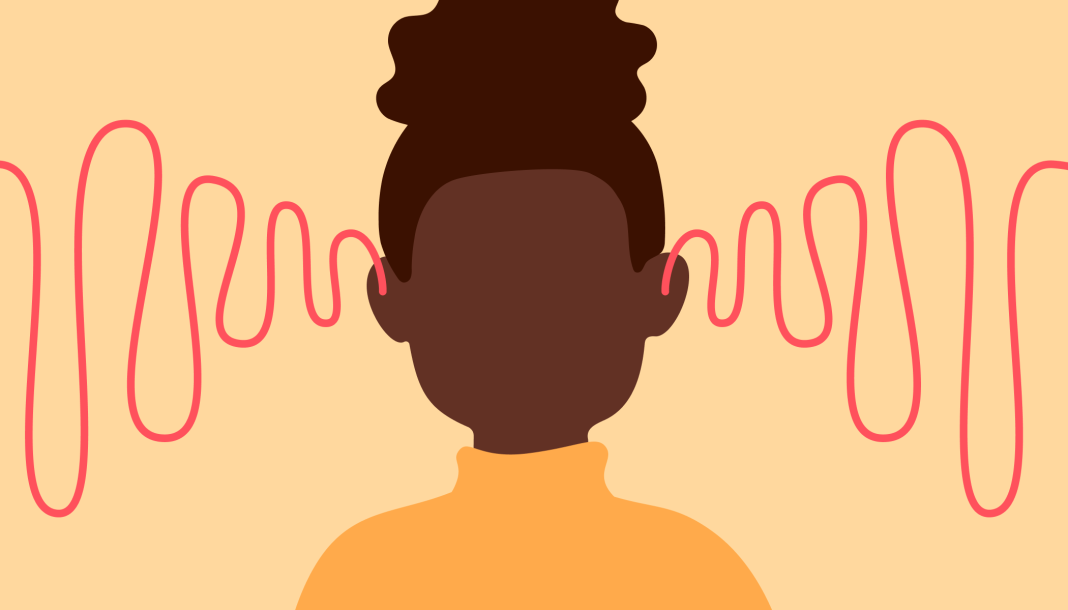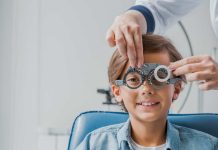Tinnitus is the perception of sound in the ears when no external noise is present. This condition, often described as a persistent ringing, buzzing, or humming, can vary in intensity and may impact one or both ears. While tinnitus is not a disease itself, it can be a symptom of an underlying issue. Here’s a comprehensive guide to understanding and managing dotter i ørene, known as tinnitus:
Causes of Tinnitus:
1. Exposure to Loud Noise:
- Prolonged exposure to loud sounds, such as concerts, machinery, or firearms, can damage the hair cells in the inner ear, leading to tinnitus.
2. Age-Related Hearing Loss:
- As people age, the gradual deterioration of the auditory system can contribute to tinnitus.
3. Earwax Blockage:
- Accumulated earwax can cause irritation and affect hearing, leading to tinnitus.
4. Medical Conditions:
- Conditions such as Meniere’s disease, high blood pressure, or temporomandibular joint (TMJ) disorders can be associated with tinnitus.
5. Medications:
- Certain medications, including some antibiotics, diuretics, and nonsteroidal anti-inflammatory drugs (NSAIDs), may cause or worsen tinnitus.
6. Head and Neck Injuries:
- Trauma to the head or neck can impact the auditory system and result in tinnitus.
Coping Strategies for Tinnitus:
1. Noise Management:
- Background noise, such as a fan or soothing music, can help mask the sound of tinnitus, especially during quiet periods.
2. Hearing Aids:
- For individuals with age-related hearing loss, hearing aids can amplify external sounds, reducing the perception of tinnitus.
3. Tinnitus Retraining Therapy (TRT):
- TRT involves counseling and sound therapy to help individuals habituate to the sound of tinnitus and reduce its impact.
4. Cognitive Behavioral Therapy (CBT):
- CBT can be effective in addressing the emotional distress associated with tinnitus by changing thought patterns and reactions to the condition.
5. Stress Management:
- Stress and anxiety can exacerbate tinnitus. Practices such as meditation, deep breathing, and yoga can help manage stress levels.
6. Avoiding Triggers:
- Identify and minimize exposure to factors that may worsen tinnitus, such as loud noises and certain medications.
When to Seek Medical Attention:
- Sudden Onset:
- If tinnitus occurs suddenly without an apparent cause, seeking medical attention is crucial.
- Associated with Hearing Loss:
- If tinnitus is accompanied by hearing loss or other concerning symptoms, consult a healthcare professional.
- Unilateral (One-Sided) Tinnitus:
- One-sided tinnitus may warrant further investigation to rule out potential underlying issues.
It’s essential to consult with an ear, nose, and throat (ENT) specialist or healthcare provider for a thorough examination and diagnosis. While tinnitus may not always have a cure, understanding the underlying causes and implementing coping strategies can significantly improve the quality of life for individuals experiencing this condition.










